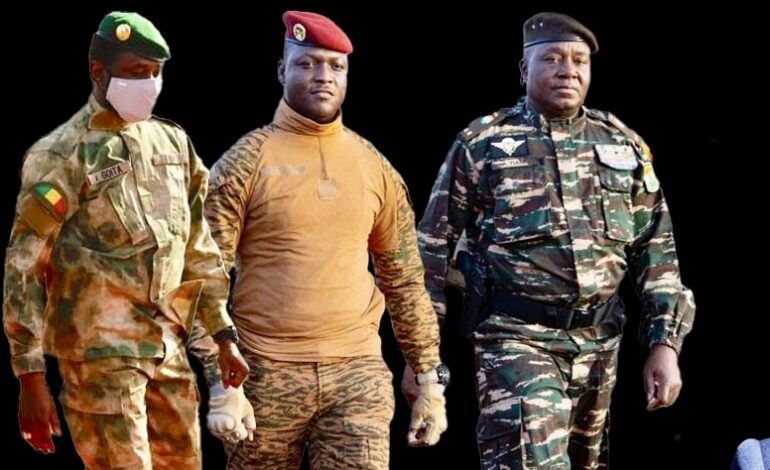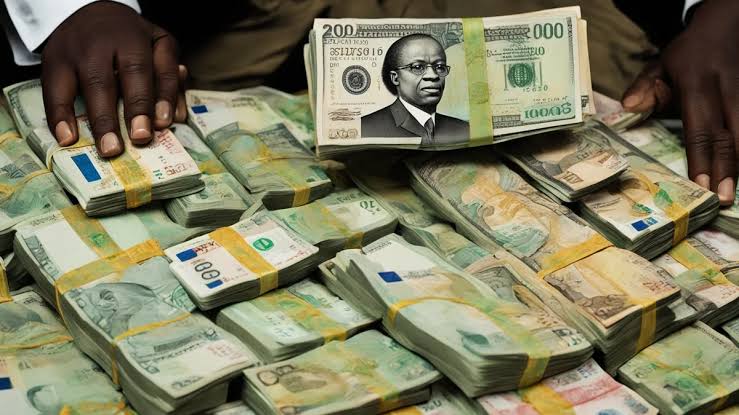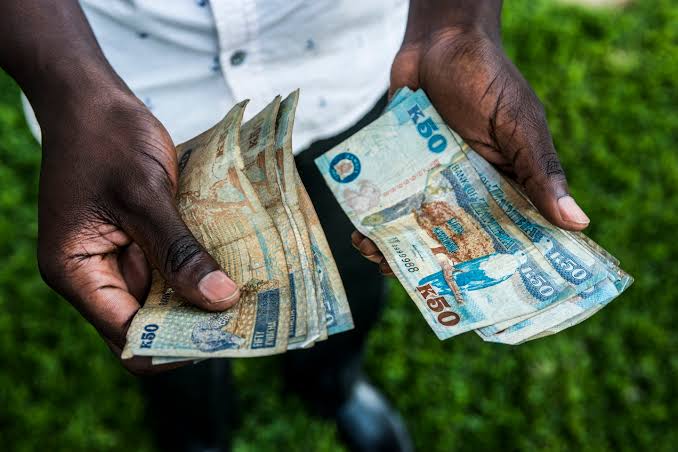
Faith Nyasuguta
Amid the shifting dynamics in the aftermath of Niger’s July 30 coup, fractures within the Economic Community of West African States (ECOWAS) have widened, fostering new geopolitical alignments.
In a surprising move, Niger, along with ECOWAS members Burkina Faso and Mali, established the Association of Sahel States (AES), a military alliance, in September.
This marked a significant departure from the larger ECOWAS, and the trio declared their withdrawal from the bloc due to what they deemed “illegal, illegitimate, inhumane, and irresponsible sanctions” imposed after the coups.
Recent developments suggest that the Sahel trio might be contemplating a more profound shift by considering changes to their currency, the West African franc (CFA).
The French colonial legacy attached to the CFA has faced mounting criticism, and the three countries are contemplating a break from this monetary system. Captain Ibrahim Traore, leader of Burkina Faso’s transitional government, indicated that the planned changes go beyond currency, emphasizing a broader desire to sever ties seen as perpetuating a form of “slavery.”
Abdourahmane Tchiani, the Nigerien counterpart, affirmed the potential for a major monetary overhaul, underscoring the significance of currency as a symbol of sovereignty.
He declared, “The AES member states are engaged in the process of recovering their full sovereignty. It is no longer acceptable for our states to be France’s cash cow.” These statements have reverberated across the continent, where discussions about the CFA’s relevance and the need for economic autonomy have gained momentum.

While the desire for currency change is apparent in Burkina Faso and Niger, Mali’s stance remains less clear. Economy and Finance Minister Alousseni Sanou emphasized Mali’s continued membership in the West African Economic and Monetary Union (UEMOA), raising questions about the uniformity of the planned currency shift within the Sahel trio.
Despite these bold statements, the specifics of when or how the currency changes will occur remain undisclosed. The uncertainty surrounding the timeline and the uniformity of intent among the three countries adds complexity to this potential transformation.
Skepticism lingers, as exemplified by an anonymous businessman who, cautious about potential repercussions on his business operations, questioned the cohesion of the new Sahel alliance, suggesting underlying complexities beyond the surface narrative.
RELATED:





1 Comment
One currency for 3 countries, not really seems to be the best idea.
It’s much better (and easy) to have a sovereign money per country for the domestic market, and a money dedicated for import/export with friendly countrie with a stable exchange rate.
To implement a sovereign money is easy and quick, because the criminal’s bankers with their associates the law-makers, contrary on what we usually think, designed all deposit as a lost of property for the client, and a gain of asset for the bank !
As a result, the deposit change immedialty into a IOU with no unit !
This is one of the most powerful rules (weapon) for stealing and losing the sovereignty of a nation.